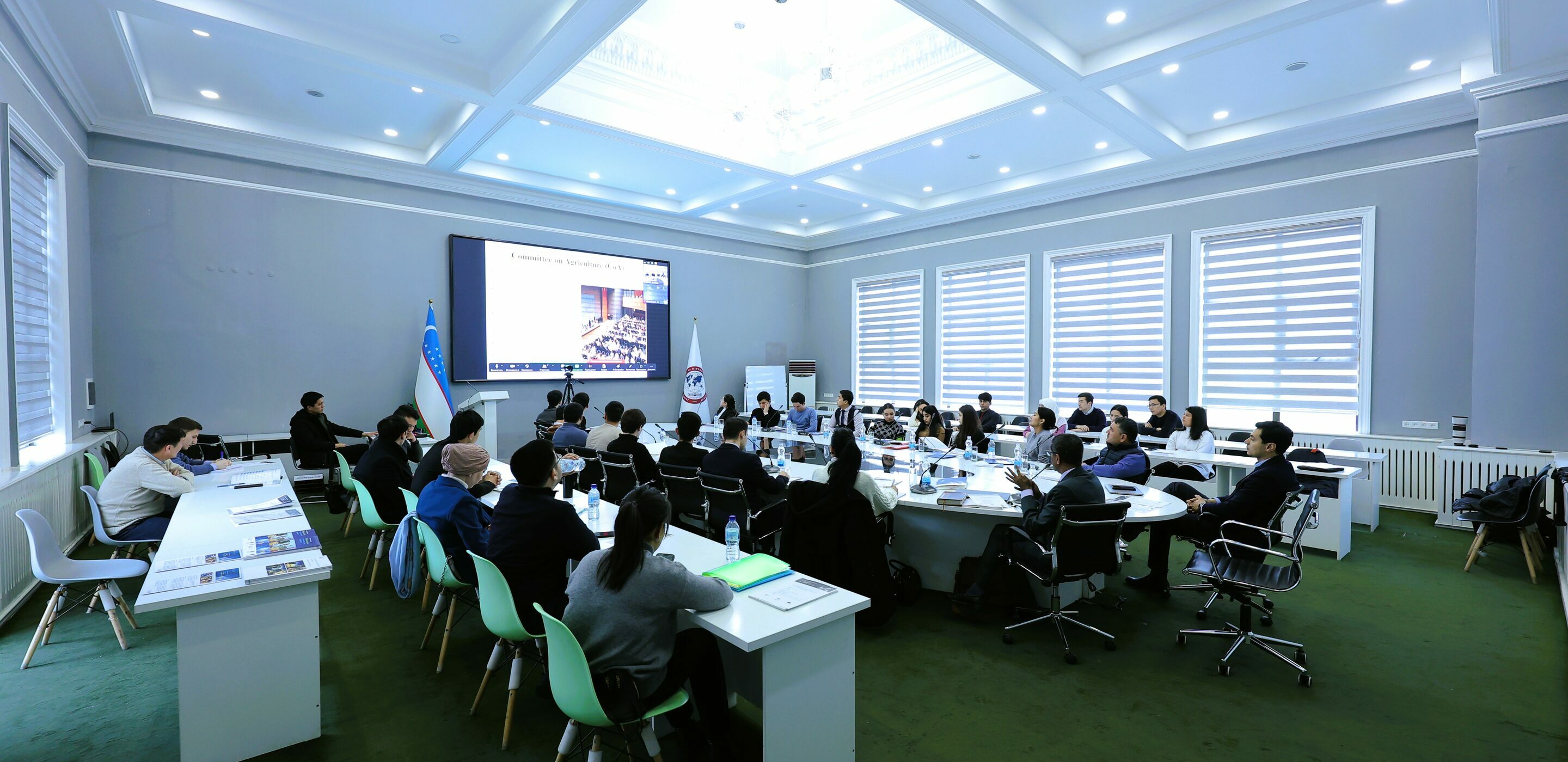Trade course unpacks WTO rules on agriculture for Uzbekistan’s negotiators
20.03.2024 1806The fourth course in a trade policy accelerator programme helped build Uzbekistan’s capacity in WTO rules on agriculture. It was organized by the ITC and a Tashkent-based university.
Agriculture is a sensitive sector because of its implications for food security. The sector is also a big employer and sustains rural livelihoods. This is especially true for Uzbekistan, with 28% of the workforce employed in agriculture. A quarter of the GDP also derives from the sector, according to the Food and Agricultural Organization.
It is key, then, that Uzbekistan joins the WTO on terms that will keep its agricultural interests safe.
For this reason, the ITC and the University of World Economy and Diplomacy hosted a course on agricultural trade to sharpen the skills of Uzbekistan’s policymakers and trade negotiators.
The course delved into tariffs, and border measures that are unique to farm goods, such as seasonal duties and tariff rate quotas.
Subsidies for agriculture
Government support was also an important theme. Subsidies can distort trade as they create an unfair advantage in world markets for traders who get support over those who don’t. WTO rules try to strike a balance: allowing some support while striving to cap market distortions. This means some types of subsidies are allowed and others forbidden. The participants learned how these are grouped in the WTO’s so-called “green, amber and blue boxes”.
They also learned about subsidies that developing countries can still use such as those for low-income farmers and investment in agriculture.
The training made extensive use of case studies and WTO disputes on agricultural issues to show the practical effects of the rules. The experiences of China, Kazakhstan, Macedonia and Moldova were shared.
35 officials were trained, including 12 from Uzbekistan’s WTO negotiating team. They were from the Ministries of Finance and Economy, Investment Industry and Trade, Agriculture, Justice, and the the competition and plant protection authorities, among others. UWED students could also attend.
The training was organized with funding from the European Union under the project Facilitating the process of Uzbekistan’s accession to the WTO.

